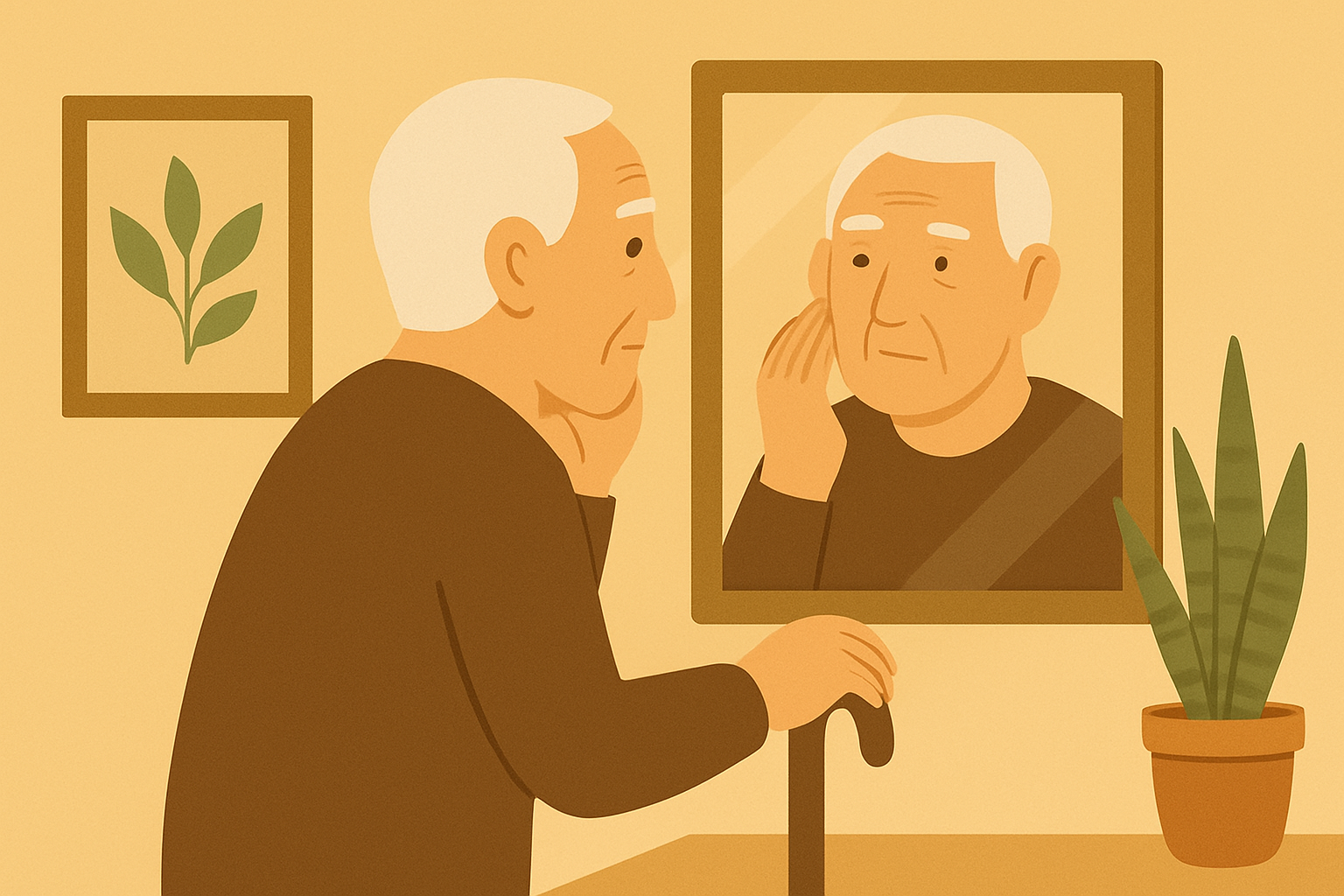
Understanding Aging Needs
Recognizing change is the first step to providing the right support.
Aging is a natural part of life, and while it comes with changes, many of those changes are completely normal. Understanding what to expect can help individuals and families make informed decisions and recognize when additional support may be needed.
Physical Changes
Decreased strength, balance, or mobility
Slower recovery from illness or injury
Sensory changes (e.g. hearing loss, vision decline)
Changes in appetite, sleep patterns, or energy levels
Common Areas of Change
Emotional and Social Changes
Feelings of isolation, loneliness, or grief
Increased anxiety or frustration
Changes in mood or personality
Withdrawal from social activities
Cognitive Changes
Mild forgetfulness or difficulty concentrating
Slower information processing
Increased difficulty with complex tasks (finances, medications)
In some cases, early signs of dementia or cognitive decline
What to Watch For and When to Seek Help
Unopened post or missed appointments
Repeated stories or forgotten conversations
Unsteady walking or frequent minor falls
Poor hygiene or a decline in home upkeep
Sudden mood changes or increased forgetfulness
If you’re noticing more than one of these signs, it might be time to start exploring support options. It’s important to recognize when additional support may be needed. Speaking to a healthcare provider can help identify whether these changes are part of aging or indicate something more serious.
Visit our Care Options & Planning page for guidance.
Not every change is a cause for alarm — but patterns matter. Early attention helps prevent crises and preserve independence.
Supporting Loved Ones
Supporting an aging loved one can be both rewarding and challenging. It starts with understanding their evolving needs—physical, emotional, and cognitive—and responding with empathy and respect. Many older adults value their independence, so it’s important to offer help in a way that empowers rather than overwhelms.
Small gestures, like checking in regularly, helping with errands, or simply spending time together, can make a big difference. As changes progress, some individuals may need more structured support, such as in-home care, adult day programs, or assisted living. It's also vital for caregivers to care for themselves—seeking respite when needed, accessing caregiver support networks, and communicating openly with healthcare professionals.
Exploring community resources, like senior centers, transportation services, or local aging agencies, can also ease the burden on families and provide meaningful social opportunities for older adults. Remember, aging is a journey best navigated with compassion, patience, and teamwork.
Healthy Aging
Aging well isn’t just about avoiding illness—it’s about maintaining vitality, purpose, and connection. Regular physical activity, even something as simple as daily walks or gentle stretching, helps keep muscles strong, joints flexible, and the heart healthy. Eating a varied, nutrient-rich diet supports energy levels, immune function, and cognitive health.
Mental stimulation—through reading, puzzles, learning new skills, or even using technology—can help keep the brain sharp. Staying socially engaged is equally important: meaningful connections with friends, family, or community groups combat loneliness and contribute to emotional well-being.
Sleep quality often changes with age, so establishing a calming bedtime routine and limiting daytime naps can be helpful. Managing stress through mindfulness, hobbies, or time outdoors also supports long-term wellness. Lastly, regular preventive care, including screenings, vision and dental checkups, and staying current with vaccinations, plays a crucial role in catching issues early and maintaining quality of life.
Healthy aging isn’t about doing everything perfectly—it’s about making intentional, sustainable choices that support living well, at every stage of life.





